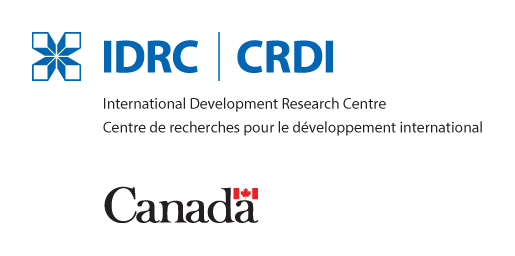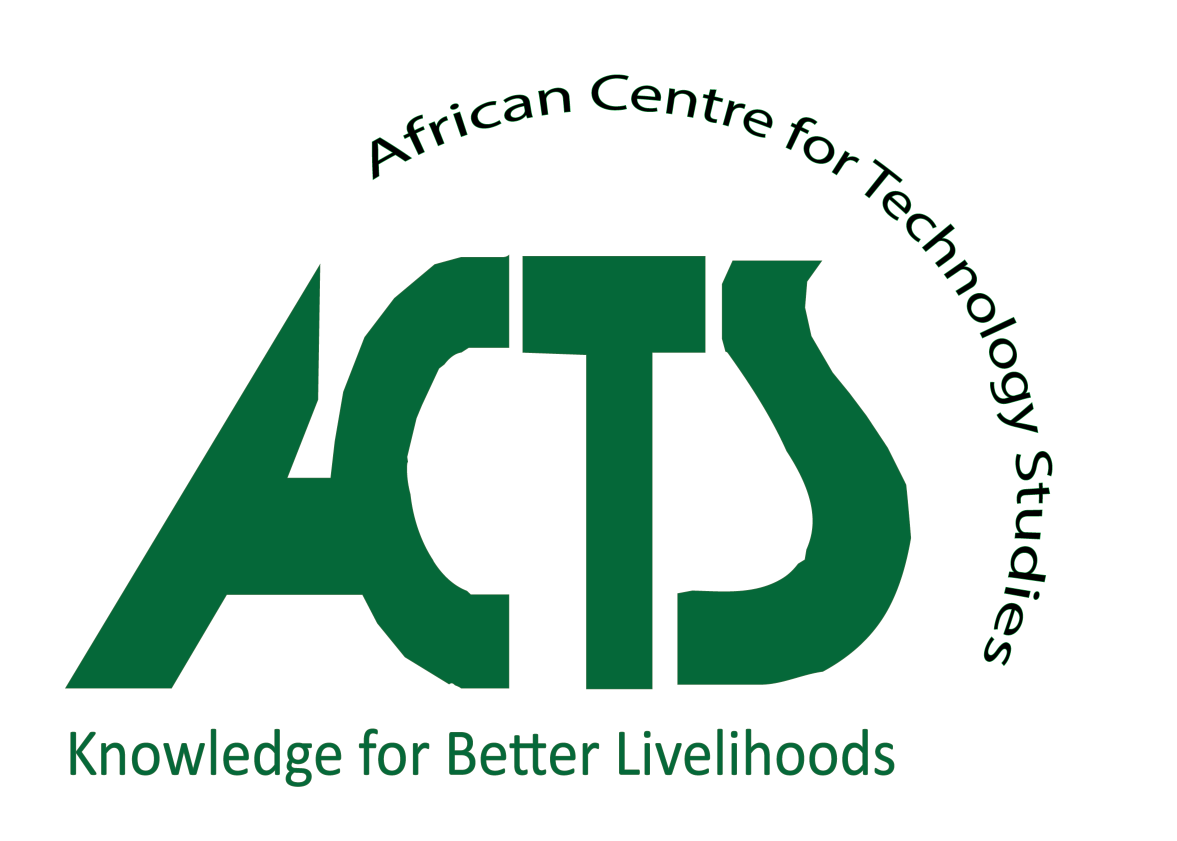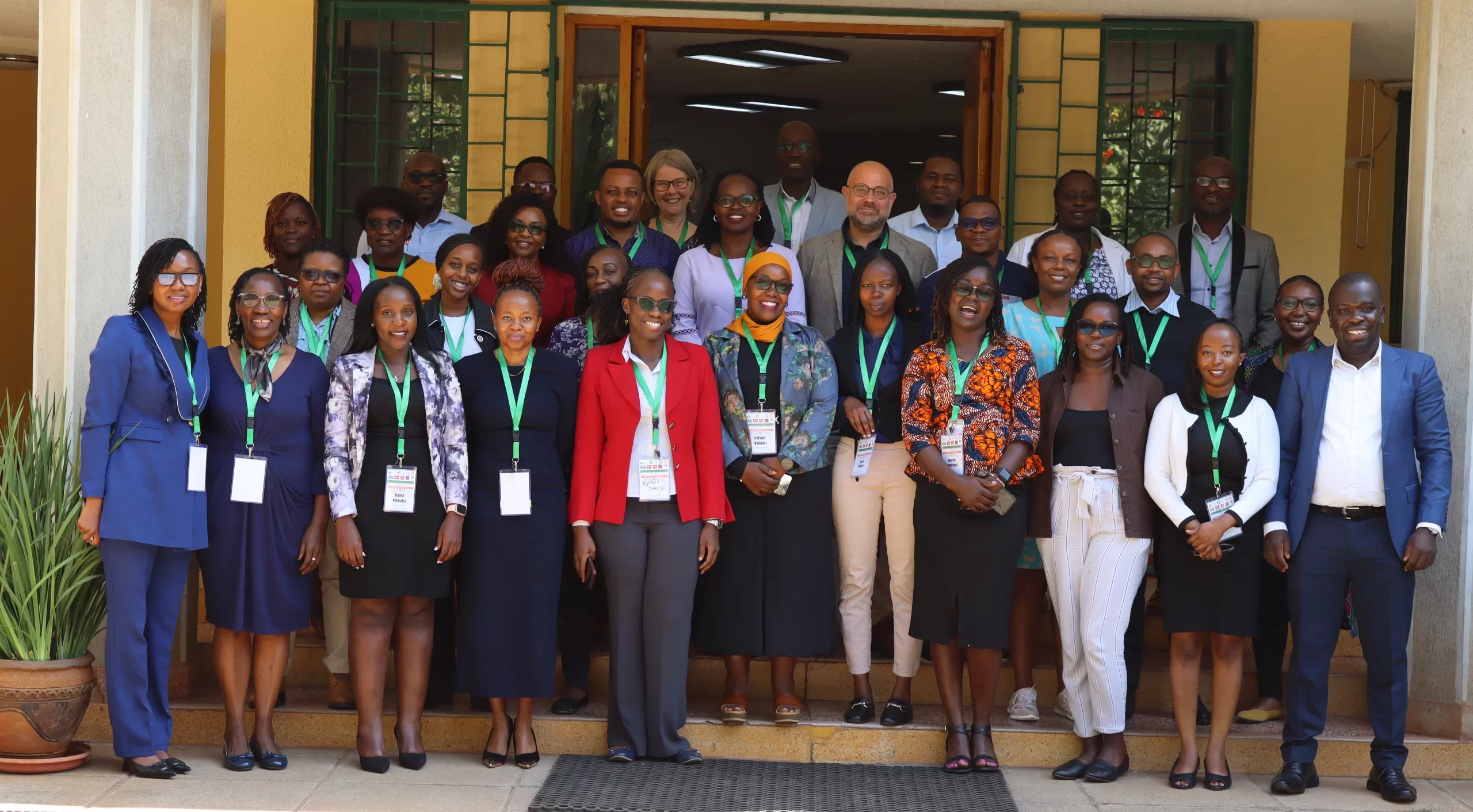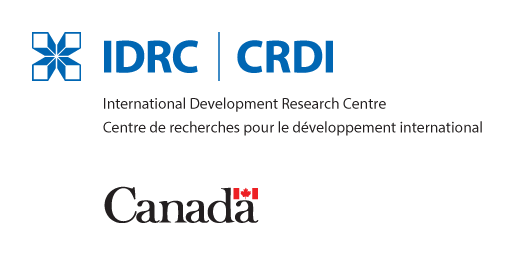

EVI-SICEE BRIEFS SERIES – BRIEF 1: March 2025
The clean energy sector in Kenya and the broader sub-Saharan region faces significant gender financing disparities that threaten its growth and sustainability. Despite progress in renewable energy, women-led enterprises struggle to secure funding, with only 5% of private equity investments worldwide directed toward women-owned businesses. In Kenya, just 7% of women entrepreneurs have access to formal training, further widening the financial inclusion and business development gap.

A recent learning workshop that brought together stakeholders working on the Evidence for Informing Scaling and Impact in Youth and Women-Led Clean Energy Enterprises (EVI-SICEE) in Africa explored options for scaling transformative solutions in this sector. The EVI-SICEE project, led by the African Centre for Technology Studies (ACTS) and funded by the International Development Research Centre (IDRC) of Canada has been committed to addressing systemic barriers that limit women and youth’s access to entrepreneurial opportunities in clean energy innovation, including financial disparities (Box 1).
Box 1: About EVI-SICEE Project
|
The EVI-SICEE project has been under implementation for the last one year. The motivation behind the project is that the informal, small and medium enterprises (SMEs) that drive economic development in many African countries comprise of a significant population of women and youth either as business entrepreneurs or employees. This fact makes women and youth more vulnerable to external shocks like the global economic crisis and the impacts of climate change that do not spare this informal sector. Further, structural and social-cultural barriers limit their capabilities to access finance, markets and training to grow their businesses/enterprises compared to adult men. The impact is confounded by the African challenge of burgeoning youth populations requiring formal or informal employment. Our project will engage in joined-up action research involving actors in the climate innovation/entrepreneurship ecosystem (CIE) to provide evidence for informing scaling of promising youth and women-led clean energy enterprises for their transformative impact in the African context. The overall objective is to understand within the CIE context the systemic factors that enhance or constrain women and youth’ access to entrepreneurial opportunities in clean energy innovation, and how the promising best practices can be scaled up for impact. |
Systemic factors informing Gender Disparity in Clean Energy Entrepreneurship: insights from Clean Energy Ecosystem stakeholders
Presentations from the project’s field data and participants’ discussions elicited the following:
- A major barrier to achieving gender equity in clean energy financing is the lack of comprehensive data on the sector related to women employment and entrepreneurship. Without robust employment statistics and investment case studies, advocating for equitable funding remains a challenge.
- While countries like Kenya have made significant strides in renewable energy, with 94% of its electricity coming from clean energy sources, the role of women in this success remains underreported. For instance, evidence from the EVI-SICEE project shows that women predominantly engage in the pico solar systems subsector, where sales and distribution roles provide sustainable employment.
- National policies such as Agenda 2030 and Sustainable Development Goals (SDGs) 7 and 9 emphasise the importance of sustainable energy solutions and infrastructure. Additionally, frameworks like Kenya’s Energy Act 2019, the Bioenergy Strategy 2020-2027, and the Climate Change Act 2016 among other policy instruments provide regulatory support for clean energy development. However, implementation challenges such as inadequate financing and institutional barriers hinder the effectiveness of these policies in promoting women-led entrepreneurship.
- Women often establish micro-businesses with minimal capital due to limited access to formal financial mechanisms such as bank loans and venture capital. This is largely attributed to their restrictive collateral requirements. Additionally, women are generally more cautious about debt financing, which further limits their ability to secure financial support. Therefore, they rely heavily on personal savings, family contributions, and informal lending mechanisms.
- Most clean energy enterprises in Kenya remain small, with 80% employing fewer than five people. Further, while the sector is heavily concentrated in business ownership, sales, and distribution, there is limited participation in manufacturing and technological innovation. Strengthening financial access and capacity-building initiatives will be crucial in enabling these businesses to scale sustainably and create a more inclusive ecosystem.
Recommendations
The participants of this interactive learning workshop made the following recommendations for policy and practice.
- To address the systemic barrier relating to gender responsive access to finance for women entrepreneurship, innovative financing models must be tailored to women-led enterprises. A crucial step in addressing financing gaps is developing financial products that cater specifically to women-led enterprises. These include low-interest credit facilities, loan guarantees, and impact investment funds designed to encourage female participation in the clean energy space. Encouraging financial institutions to adopt gender-sensitive lending policies can also help bridge the disparity in credit access.
- Capacity-building initiatives should focus on equipping women with the necessary financial literacy, business management skills, and technical expertise to thrive in the sector. Flexible training programs tailored to those with domestic responsibilities would ensure that more women can participate in and benefit from the clean energy economy.
- Public-private partnerships can also help leverage public funds to attract private sector investment in women-led clean energy businesses. Blended finance models, such as combining grants, concessional loans, and private equity, can help reduce investment risks and encourage greater participation from financial institutions and investors
- There is need for policy frameworks that actively promote gender-inclusive financing strategies. Governments and regulatory bodies should integrate gender-responsive budgeting into national energy policies and establish financial incentives for institutions that prioritise lending to women-led enterprises.
- Financial reporting requirements should include gender-disaggregated data to ensure transparency and accountability in resource allocation.
Authors: Pauline Soy, Yvonne Gitu and Mourine Cheruiyot
For more information contact: EVI-SICEE@acts-net.org









